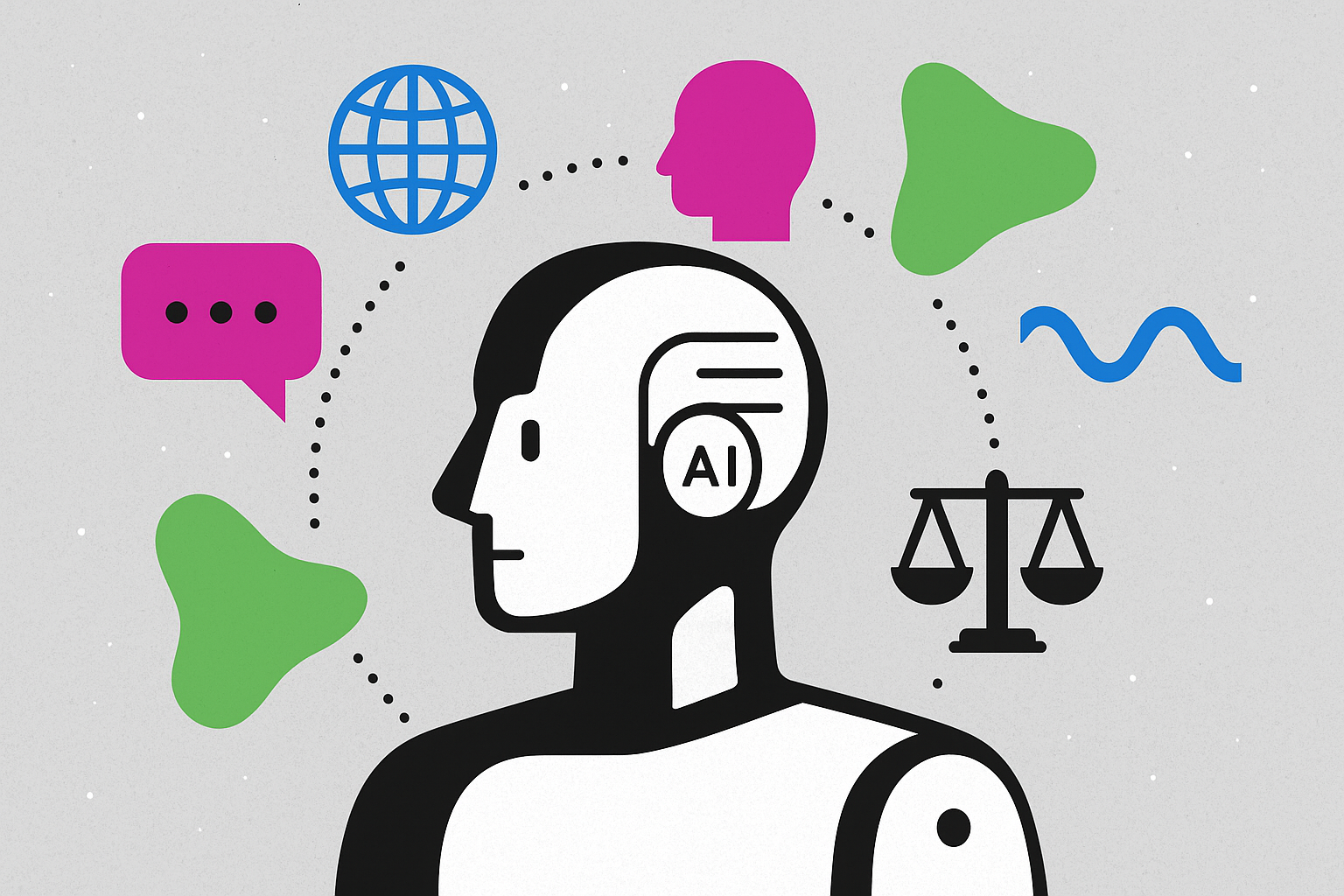While AI models can switch seamlessly between languages, they may not fully grasp the cultural nuances, values, and worldviews embedded within them. This raises a crucial question: to what extent do AI models reflect the cultural biases of their creators and why does it matter for us as Marketers?
AI and cultural frameworks: a tale of different models
For instance, could we hypothesise that ChatGPT, trained primarily on Western datasets, tend to therefore be outgoing, highly conversational, and individualistic (qualities often reflective of American culture)? On the other hand, could DeepSeek AI therefore be methodical, direct, and collectivistic, mirroring Chinese cultural values that prioritise efficiency and social harmony? If we follow this pattern, could we then speculate that Mistral AI's Le Chat could embody French values, perhaps with a more socially conscious, philosophical, and structured approach in its answers?
While in reality, it is not as simple and straightforward, according to Reem Masoud (2024) differences do occur and not every AI is as culturally fluent as the other.
Candice Tobbo, PR and Communications Manager Kantar and Member of The Marketing Society believes that this divergence is not accidental; it is a natural byproduct of cultural philosophies shaping the datasets, training methodologies, and human oversight behind these AI systems.
Members log in via your Member account to read the full article.
Members only
Not a member yet?
Want to read more of this article and others? Become a member today.
Already a member?
Sign in with your membership details to continue reading this article.
